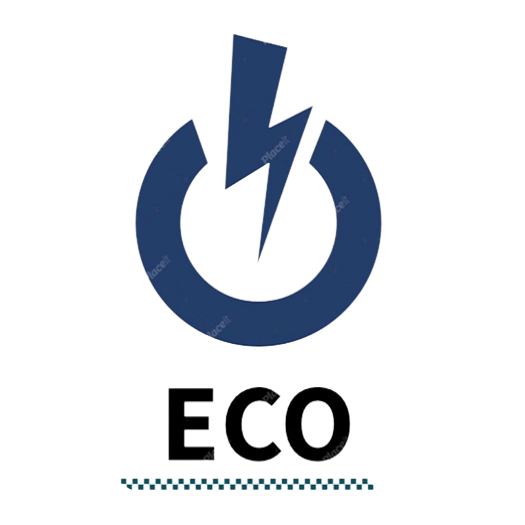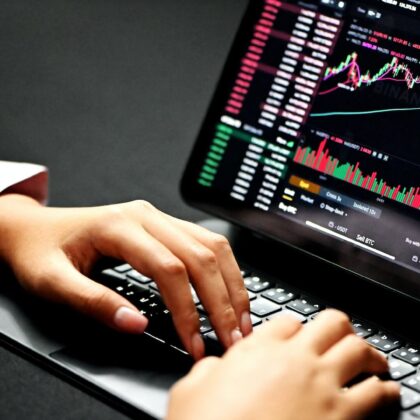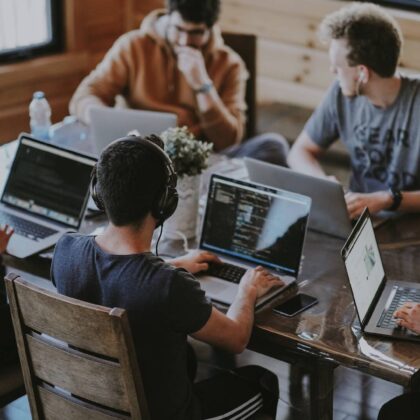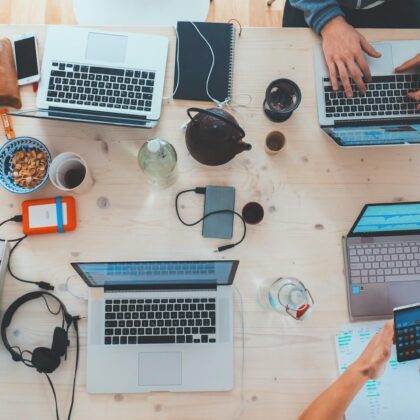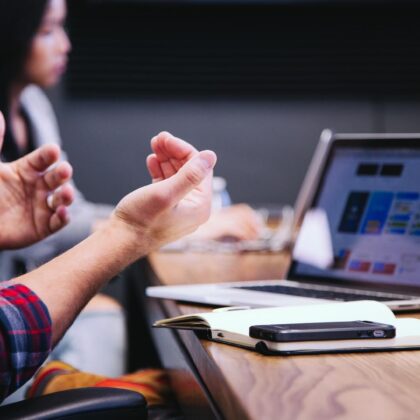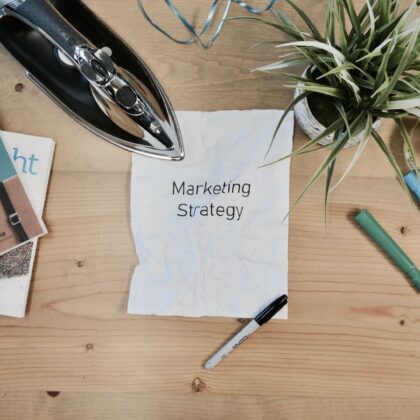However, this practice can have a significant negative impact on both personal and professional relationships. While moderate social drinking can facilitate networking and bonding among colleagues, excessive or regular after-work alcohol consumption may lead to serious consequences. Exploring the relationship between alcohol use and mental health disorders reveals a complex interaction where one can significantly impact the other.
Should a person work out if they drank alcohol?

Individuals may need to try different techniques to find what works best for them. Seeking professional help can also be beneficial in developing a personalized stress management plan. Emily Syphas, founder of Sober and Social, recommends engaging in activities such as dancing, reading, meditating, or even risks of drinking after work lighting a candle to relax. The goal is to build a healthier relationship with alcohol by finding pleasure in alternative practices. When you call our team, you will speak to a Recovery Advocate who will answer any questions and perform a pre-assessment to determine your eligibility for treatment.
You may decrease your risk of getting Alzheimer’s disease.
People can avoid the downsides of drinking alcohol before working out in several ways, or not drinking it before working out. People get the best results from exercising when avoiding or moderating their alcohol intake the night before. Drinking alcohol may mean a person loses the positive effects of exercise. Drinking alcohol makes a person more likely to become dehydrated during exercise. This is because alcohol is a diuretic, meaning it reduces the amount of water a person’s kidneys can reabsorb back into the bloodstream, causing them to urinate more frequently.

The Latest in Alcohol Use Disorder
Research suggests that 20 percent of college students meet the criteria for AUD, and the condition affects some 623,000 adolescents aged 12 to 17 years. Alcohol is a legal recreational substance for adults and one of the most commonly used drugs in the United States. One team is on a mission to create 3D printed sea walls with environmental benefits. Prosecco to toast a project wrap-up, cocktails at the Christmas party, an ‘al desko’ beer to end the week, payday drinks. About 10% of Americans have experienced drug addiction at some point in their lives. If one of your employees is struggling with this disease, you might be tempted to fire him or her.
- Signs and symptoms of withdrawal generally occur between 4 and 72 hours after the last drink or after reducing intake.
- Your liver detoxifies and removes alcohol from your blood through a process known as oxidation.
- In many cases, especially early in the pandemic, pub happy hours simply moved to Zoom.
- Research highlights that positive relationships at work are crucial for employee engagement and performance.
- A number of studies have looked at alcohol use among specific racial and ethnic populations, including Black, Indigenous, and People of Color (BIPOC) communities.
- However, it can significantly increase during exercise for up to two days after heavy drinking.
Science-Based Health Benefits of Drinking Enough Water
It is essential to understand the underlying reasons and conditions that drive the relationship between work stress and alcohol use. Research has developed several models, including the moderated mediation model, to explain this relationship, with the goal of aiding researchers and employers in addressing the issue effectively. Workplace alcohol policies are crucial in setting limits on alcohol use and establishing consequences for employees who do not observe these limits. However, the challenge lies in maintaining workplace attention to employee alcohol issues amidst competing goals and overcoming barriers unique to the workplace setting. Served Up Sober founder Shari Hampton is a seasoned recovery coach based in Southern California.
How long to wait to exercise after drinking alcohol?
Research has also highlighted the potential link between alcohol consumption and impaired work performance, known as alcohol-related presenteeism. Observational studies suggest that heavy drinking may correlate with reduced on-the-job performance, raising concerns about employee health and workplace productivity. Employers’ attitudes towards drinking can significantly influence workers’ alcohol consumption habits, with stricter workplace policies leading to less frequent and heavy drinking among employees. The emotional labor required to navigate these dynamics can lead to further alcohol consumption, creating a detrimental cycle affecting both personal health and work performance.
Life can be challenging: Build your own resilience plan
You might feel compelled to go, thinking it provides an opportunity to bond with your coworkers and maybe get in good with your boss. A survey conducted on after-work drinks showed that one in five workers who attend happy hours find it beneficial for networking and improving their position in the company, and eight in ten attend to bond with colleagues. Too much alcohol affects your speech, muscle coordination and vital centers of your brain. This is of particular concern when you’re taking certain medications that also depress the brain’s function. Psilocybin (aka ‘magic mushrooms’) plus supportive therapy has shown promise in the past for treating other mental health conditions too, such as depression… Naltrexone taken as-needed, rather than daily, can help reduce binge drinking for people with alcohol use disorder, according to new research.
